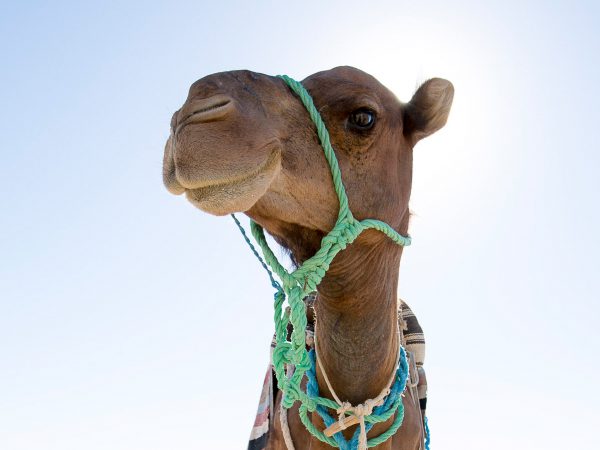

Our sniffer dogs, police horses and sheepdogs are going on strike in support of the 200 million working animals overseas. These working donkeys, camels and mules are just as vital to their communities in developing countries. However, they often endure terrible working conditions.
It is SPANA’s mission to ensure that working animals in the world’s poorest countries can live a life free from suffering. Through free veterinary treatment, training for owners and education for schoolchildren, we’re working towards a world where the welfare of these animals is improved and they are treated with compassion.
And until they are, our working animals are protesting on behalf of working donkeys, mules, horses, camels and elephants in developing countries worldwide.
Watch the video
Meet some of the animals we're helping...
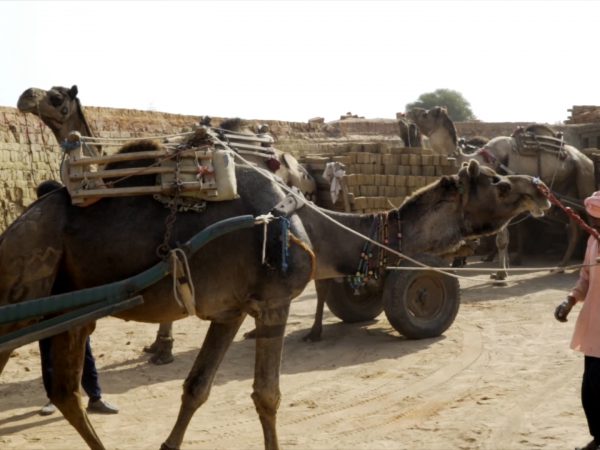
The brick kiln camels of Rajasthan
Across India, camels are being affected by infestations of a mite just half a millimetre in length.
Mange, a contagious condition that can be passed between camels and humans, initially causes severe itchiness, hair loss, and skin lesions. Left untreated, it can result in a range of problems, such as a drop in body weight and low milk production, as camels spend excessive time scratching themselves with their teeth or against trees to relieve the itchiness.
This was the condition troubling Hira, a fully-grown camel brought to the SPANA-funded mobile clinic in Rajasthan by his owner, 28-year-old Durga.
The vet team inspected the camel and disinfected several open wounds that had been caused by Hira scratching his lesions in distress. Following this, they treated the mange with an injection of ivermectin – an anti-parasitic drug – and applied some creams to the more severe lesions to protect them and promote healing.
Durga was grateful for SPANA’s help. He said: ‘I give lots of thanks to you because you treated my camel, and it lives. May God bless everyone who supports this clinic.’
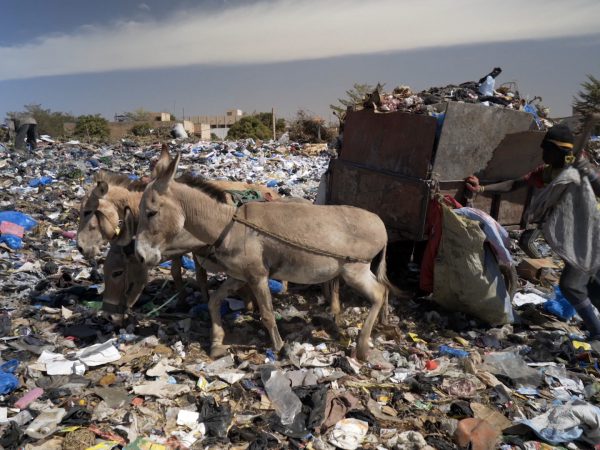
The rubbish dump donkeys of Bamako
Every day, dozens of working donkeys haul heavy carts through mountains of rotting waste and sharp objects on the rubbish dumps of Bamako, Mali.
Ozo the donkey leads a difficult life helping his young owner Bakary to make a meagre living.
Bakary was very worried to see that his donkey was steadily losing weight and getting weaker. He brought his donkey to the SPANA mobile clinic, where the team diagnosed parasites and poor dental care as the causes of Ozo’s malnutrition, which would only worsen if left untreated.
Ozo was taken to the SPANA veterinary centre where he was immediately given anti-parasitic medication. The team also rasped the donkey’s teeth, ensuring that he could eat comfortably. Like horses, donkeys’ teeth grow continually throughout their lives, but if the teeth do not wear down evenly, it can be difficult for them to grind and digest their food properly.
Thankfully, following the treatment, Ozo made a swift recovery, gaining weight and energy.
Bakary was advised to bring Ozo to the centre at least once a year to have his teeth rasped. He said: ‘Thank you SPANA. Ozo is eating again and I know what I must do in the future.’
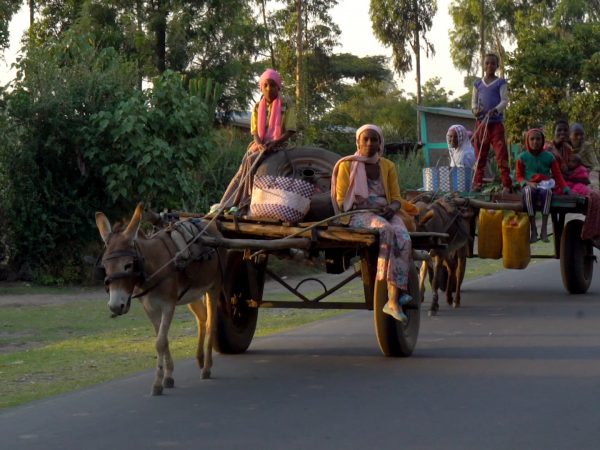
The working animals of Ethiopia
Ethiopia has the largest population of donkeys in the world, with almost 8.8 million animals in the country.
Working donkeys play a vital role in the everyday life of people in the poorest communities across the country. Families rely entirely on these animals for their livelihoods and to put food on their tables.
Donkey are used to transport food and firewood, and carry people and goods to market.
Many animal owners live in desperate poverty and struggle to feed their families. Without their working animals they would have nothing. But, sadly – just like the families they support – animals can also suffer greatly from this poverty. Their owners are often unable to provide them with the essential things they need, such as nutritious food or comfortable and humane equipment. As a result, malnourishment is a serious issue, along with dental and hoof problems, and painful wounds caused by inappropriate harnesses and bits.
In the vast majority of cases, animal owners cannot afford to pay for the veterinary treatment their animals urgently need when they are sick or injured – or these kinds of services are simply not available. That is why the free veterinary care SPANA provides is so vital.
Our celebrity supporters say…
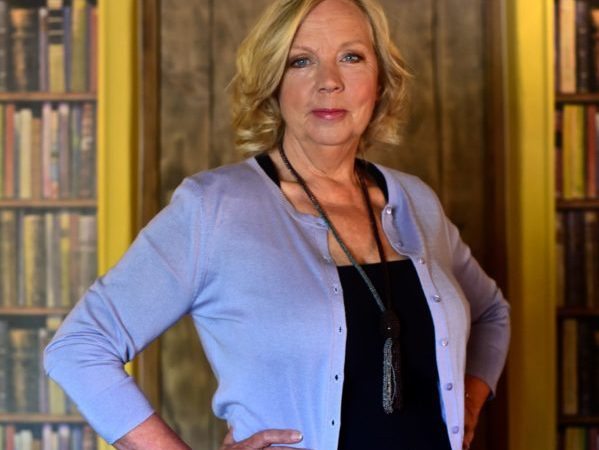
‘I am delighted to be a part of SPANA’s new film. Working animals overseas often have very hard lives, but few people are aware about the suffering they endure. They urgently need our help and support, and we hope this film will put working animals in the spotlight, so they can receive the same care and compassion as most animals in the UK.’
Deborah Meaden
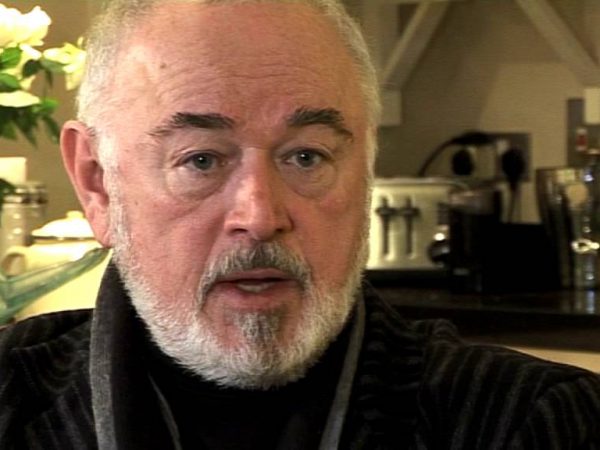
‘SPANA does incredible work in helping children – the animal owners of the future – to develop feelings of respect and empathy towards animals. Education is so important in ensuring that working animals can live happier, healthier lives in the future. That is why I am so pleased to lend my support to SPANA and this powerful film.’
Peter Egan
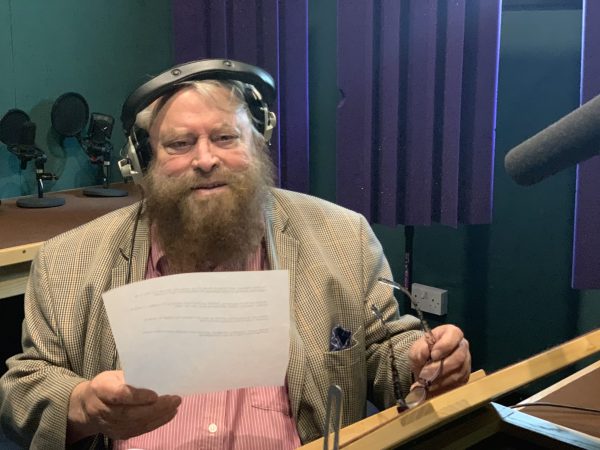
‘I support SPANA’s work wholeheartedly, and it was wonderful to be a part of this new film. In the poorest communities across the world, people work tirelessly to simply put food on the table for their families – and working animals are their lifeline. The lives of these people and animals are unimaginably difficult, but we can help make a considerable difference to them.’
Brian Blessed
Meet the cast...
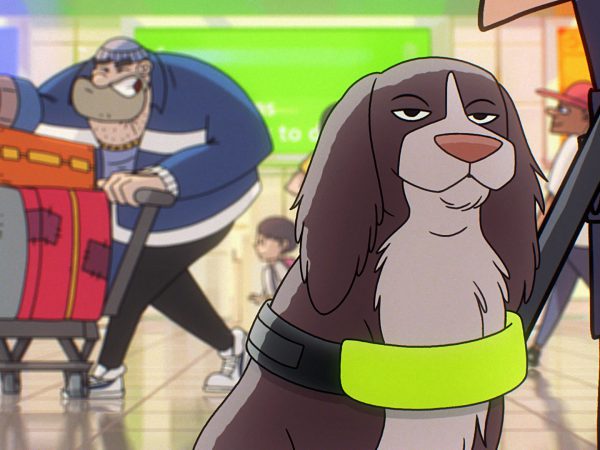
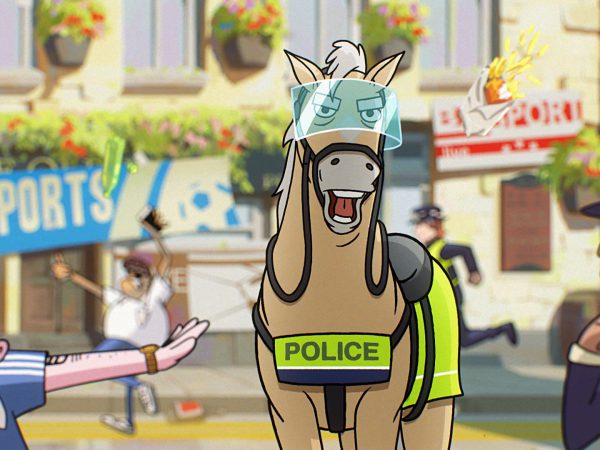
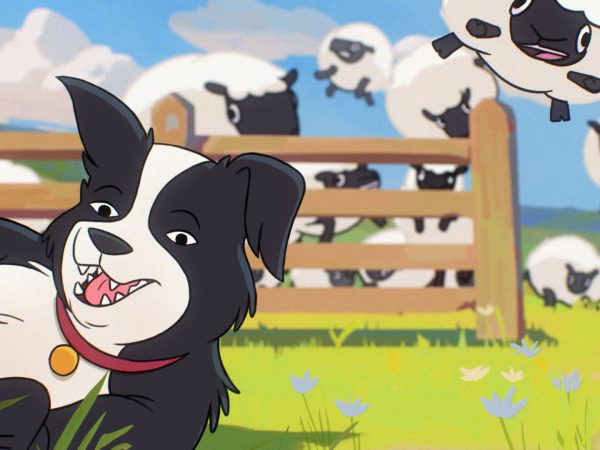
Find out more about our work
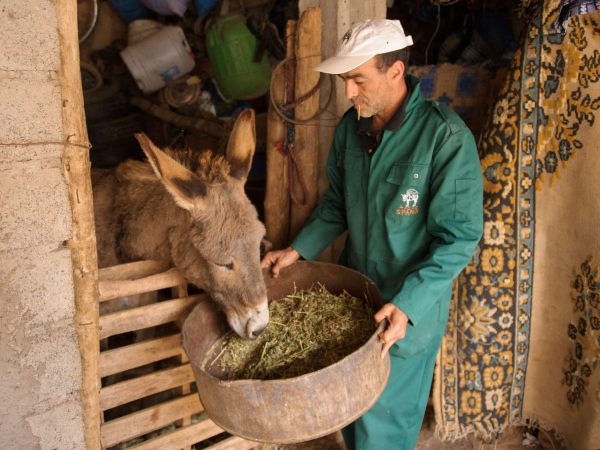
Our work
Discover how we’re helping working animals through veterinary treatment, training and education.

